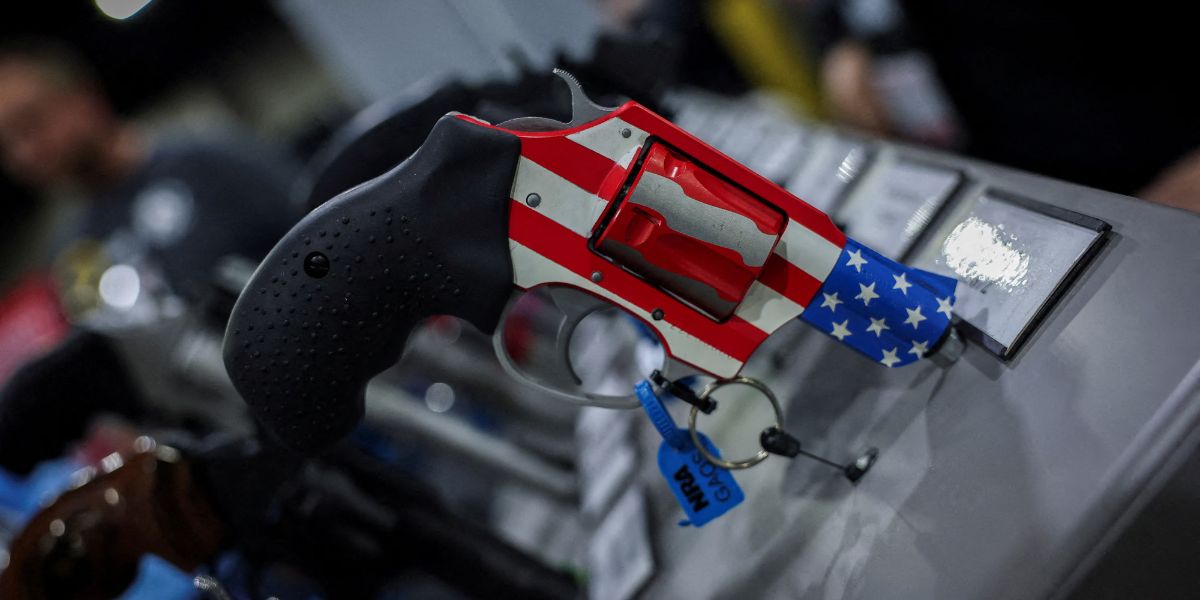A sweeping overhaul of firearms regulations is underway at the Bureau of Alcohol, Tobacco, Firearms and Explosives (ATF), driven by the newly empowered Department of Government Efficiency (DOGE).
With a symbolic deadline of July 4, 2025, the initiative seeks to eliminate over 50 federal regulations—far exceeding its initial target of 47.
Form 4473 Simplified
One of the most significant changes will affect the mandatory ATF Form 4473. Currently spanning seven pages, the form is expected to be condensed to just three.
Multiple eligibility questions—addressing mental health issues, military discharge status, and drug use—will be merged into a single yes/no prompt. However, the felony conviction question is set to remain separate.
Fewer Inspectors, Less Oversight
Simultaneously, the Justice Department is proposing to eliminate approximately 540 of the roughly 800 ATF inspectors.
That reduction would leave fewer than 300 inspectors to oversee thousands of federally licensed gun dealers and manufacturers nationwide, significantly curtailing routine compliance checks and firearms tracing operations.
Regulatory & Structural Shake-Up
DOGE, acting in close coordination with ATF General Counsel Robert Leider, is also reviewing regulations related to firearms import policies, licensing fee structures, and administrative recordkeeping.
Additionally, doge-backed reforms have led to the dismissal of several senior ATF career officials, shifting the bureau toward a more politically driven leadership.
Streamlining vs. Safety Debate
Proponents argue that these changes cut through red tape, allowing ATF agents to focus on criminal networks rather than burdening lawful gun owners with excessive paperwork.
Opponents counter that the rollback effectively dismantles key enforcement mechanisms, thereby increasing the risk of untraceable firearms and easing access for prohibited individuals.
A July 4 “Independence”
The choice of July 4 as the implementation date is deliberate—intended to underscore a broader ideological push to “restore constitutional rights” tied to the Second Amendment.
DOGE officials describe the move as a bold step toward reducing federal overreach and promoting government efficiency.
As the July 4 deadline looms, this regulatory overhaul represents one of the most significant shifts in federal firearm governance in recent memory, setting the stage for a complex clash between deregulation advocates and public safety watchdogs.




